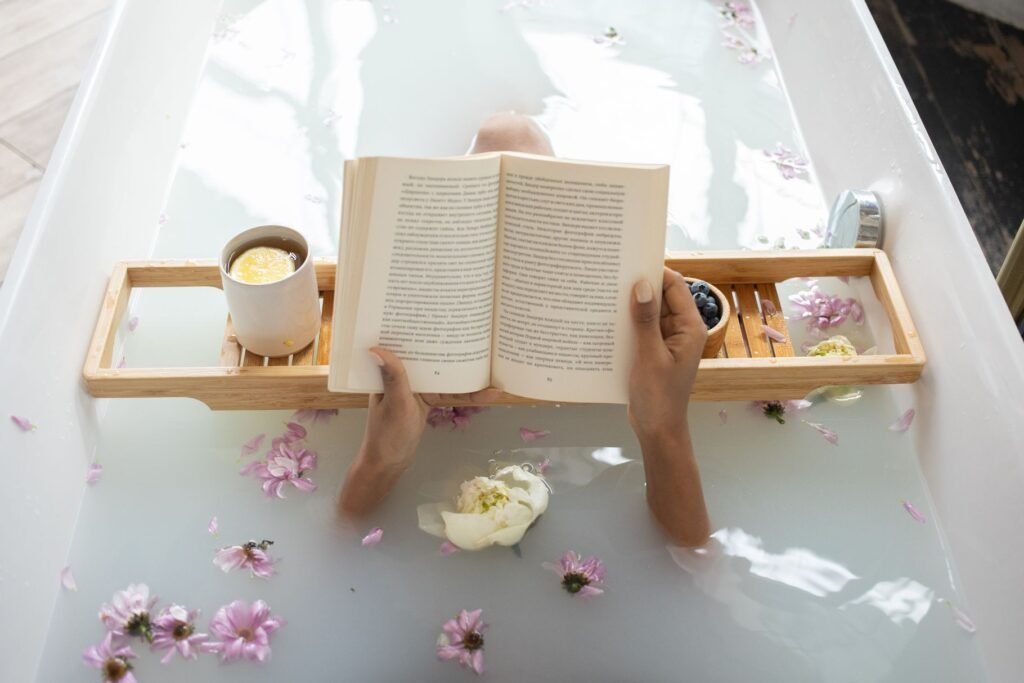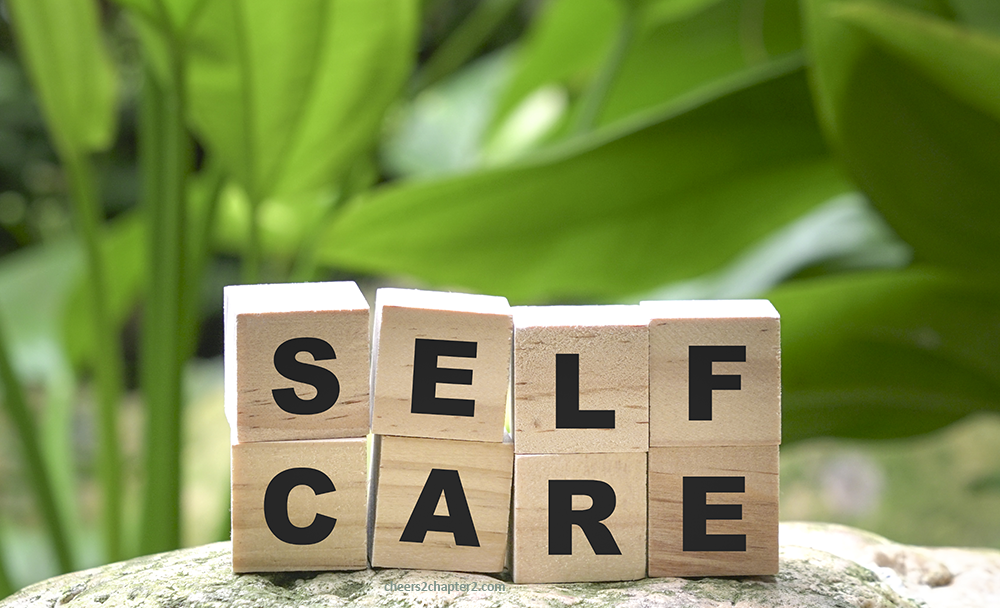
Self Care is fast becoming one of the most talked about subjects in recent times. More and more people of middle to advanced age groups, are giving in to the different activities that define Self-care. Although a school of thought believe the movement to be selfish, given to its name, some others believe that intentionally imbibing certain habits, is in fact, a way of showing love to oneself.
Wellness experts, psychologists, even doctors advice that most Self-care activities help deal with the stress of daily living. The more you these activities are part of your routine, the better your general well-being.
All the de-stress exercises in the world may not be completely effective until taking care of yourself becomes a habit.
Most times, when Self-care is mentioned, pursuits like skincare, spa dates, solo dates, come to mind. These are definitely different ways we can spend our time, with excellent results.
But here are also 5 other inexpensive forms of Self Care:
1. Smiling & Laughing Often
As minor as this may sound, it is very important. Research has shown that a simple smile can act on your body and mind in amazing ways, offering benefits for your health, your mood, and even the moods of people around you.
It’s interesting to note that you don’t have to wait for a trigger. Even when things are not looking up, laugh out loud.
A way to achieve this is to keep your mind on things that encourage you, whatever or whoever that may be. Also, avoid negativity. Frankly, you don’t have to be aware of everything that’s going on. If it’ll affect your peace, you’re better off staying off of it.
2. Saying ‘NO’ (avoid people pleasing)
A quote by Claudia Black goes thus: “saying no can be the ultimate self-care”.
You can be a kind, generous, loving person and still say ‘NO!’. With no explanations given. By all means, do go the extra mile. Make time for your family, friends, and partner. Show up, and as much as you can, show out.
However, if the situation gets in the way of your beliefs, principles, values, be courageous enough to decline.
3. Being Kind To Yourself
Unfortunately, we can be both our biggest cheerleaders, and our worst enemies. So you made a mistake. Big deal. So has everyone. Even the most ‘perfect’ of persons.
So you’re not where you want to be yet. Big deal. Man’s needs are insatiable.
What’s to say that that’s the job you were supposed to be doing? Or the person you were supposed to be married to?
Give yourself grace. Let go of what you can’t control. Learn to talk kindly to yourself. For instance: rather than asking “how could I have acted so foolishly?”, you can go “I did what I thought was best in the moment. I’ve learned my lesson. I’ll do better. I can do better”. That’s self-care.
4. Practice Gratitude; own a ‘gratitude jar’
A form of practicing gratitude is to own a Gratitude Jar. This is an age long practice where little handwritten notes containing special events or experiences, big or small, are stored in a jar or container. It could be done daily, or weekly, or monthly. Any pattern you decide should be done consistently. At the end of the year, preferably the 31st of December, the notes are read out loud.
The essence of this is to remind you of your blessings throughout the year.
When we are aware of our blessings, we’re more inclined to live in a constant state of gratitude. By taking the time to be intentionally grateful, we focus less on what’s lacking in our environment.
Research has it that Gratitude helps improve moods, builds positive attitude, and strengthens both physical and mental well-being.
5. Sleep
Think back to the last time you got as much as 5 hours of sleep. How did you feel afterwards? Restful? Revived? Re-energized?
Developing healthy sleeping habits has many benefits, and has been proven to reduce the risk of long-term issues such as depression.
You deserve a couple hours rest, so give that to yourself today. Your mind, and body will thank you.
